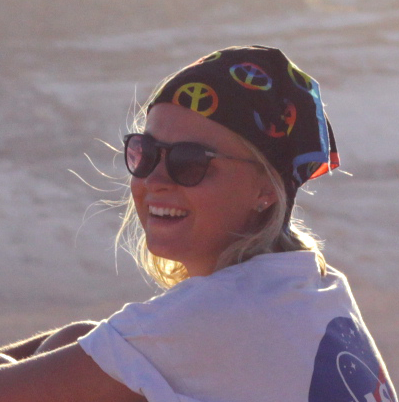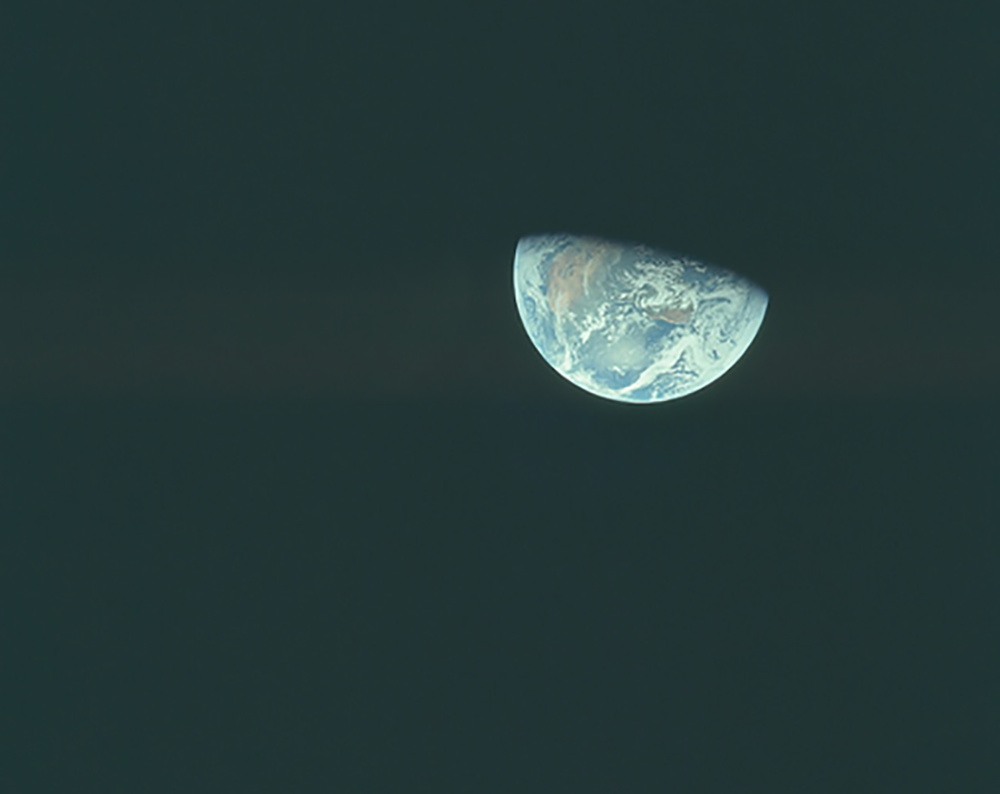To Continue, Somehow
Stuck. Spinning. Motion locked in a grinding cycle. A world turning on its axis, wobbling, carrying on.
In my world on November 14, there had been a snow storm and my car was stranded at my little A-frame house tucked back in the forest. We were leaving it for the winter, for the running water and convenience of the lodge. In an agitated rush in my pursuit of comfort and a shower, I’d thrown some clothes and bedding into my little yellow Dodge Neon, and tried to speed out of the driveway—but the momentum stopped short at about 100 yards. The only road out is up a hill, past the trailer park down around the bend, and past lake Shunyata, full, half frozen, half rippling out to the rest of the world.
I got stuck over and over trying to get up this hill – it was a thick drift of snow tossed over by the wind and my tires too thin. Digging and spinning myself into the ground. An echo in the clearing. I shut the door and leaned against it, mind and icy wind whining, another thing going wrong today. Another sequence of exhaustion and missed connections, twisted frayed wires, heartstrings loose and out of tune. Cold metal. Itchy throat. Feeling trapped in my own fraught, whirling energy.
Thoughts turn to another end of the world, this same day for someone else—129 people dead in Paris. Maybe more. I’d seen the headlines earlier that day but hadn’t read into the details. All I could think was: again? Another wounding, more emotional gridlock. Another round of suffering. Choice. Action. Re-action. Division. More waves of tragedy. I shudder and pull at my aching neck and shoulder muscles, the knots, blocked passages. I once read a line in a poem that said, the head is a lot for the neck to deal with. I can feel my own struggle well enough. And the earth is full, brimming, swelling, with it; our billions of heads, somehow held up by billions of necks, all full and twisting and dealing. Pain changing hands. Hands opening. Hands into fists. Chests tighten and throats close. How the breadth and depth of our human experience is still molting, birthing, so potently ripe. We seem to gather and burst and regroup overnight, and that same night is a new day for someone else.
In this night, for me, my car is going nowhere. I carry everything on my back through the snow in the forest. Up the hill with my feet. There are usually (always) solutions, some less comfortable than others. Spinning, sloshing, spinning. My thoughts circle back and back to the fate of our world and whether we can float and let go of our weights and our luxuries to crash with this incomprehensible wave, as the water; or if we are already drowning. But humans have learned to swim long ago. Born of water. And through the water reaches the light of a solar body, our sun, in all its purity, its cosmic scar tissue, and its heat, which will melt the snow over and over.
The sun which gives us a physicality, a life for our honesty, our bravery — funneled into these heartbeats, these containers of flesh, palms, grey matter, toenails, lungs, elbows, itches, tears, arguments, orgasms, blood vessels. We are human, we are another one of the billions of scientifically organized organisms held together by gravity’s spin cycle, we are compounded by the same elements of space and minerals of collision, dissolving and rearranging, bustling for form and meaning.
What I’m trying to express is a belief in our intelligent capacity, in our opportunity to choose a new form, a new way of organizing ourselves as a collective species. What would it look like to rearrange the spaces that we occupy, the space that we are, into something more abiding, elegant, open, with plenty of clean air to breathe. What if everyone on this Earth had their basic needs met? We have all the resources, the intelligence, the technology. What if there was no debate over whether or not to take care of each other? What if diversity of thought—gender—race—culture—religion—was tolerated, not exploited?
I wonder what it would actually look like, feel like, to have “peace” on this planet. How many billions of people have wondered the same thing? Are we afraid of what peace would require? Would it disrupt the habitual spin cycle of a thousand years? Would it demand a release of the perceived safety, protection, “security”, we’ve become used to? The borders and hierarchies and legal fortresses we’ve built to keep each other out of certain parts of the Earth, the guns we proudly keep under our beds in distrust of our neighbors…all the locked doors and alarm systems…
It seems to me that to have peace would require a certain sacrifice of individual comfort zones, to drop our self-protection-at-all-costs in order to understand someone else’s suffering, inherent humanity, and where the violence comes from. To allow ourselves to see deeply into their wounding, the wounding that caused it, and the wounding that it perpetuates. It would require a release of our ego’s safety cocoon, a release of always being right, a release of our insulation, a new way of being in the world. A new kind of society.
No easy task, but not impossible. In fact, it is already happening. New cycles begin every day. While forces of violence get a lot of attention, what is more potent to me is the bravery, the struggle, the honesty, the love and the perseverance of this community, our human community as it continues. Humanity’s story comes with a lot of ancestral, environmental, evolutionary baggage. Can we go on carrying the weight, the residue that collects? Do we abandon it? Or examine it and realize that our pain has value, our pain is collective, and worth acknowledging, worth understanding the ways humans have hurt each other in pursuit of meaning and worth in this living experiment. And, hopefully, we can have the humility to heal together, respecting the inevitable growth and decay whether we find it comfortable or not.
How to let go? A few days later, the sun is out. Snow melts. Tires scrape their way up through the mud and out into freedom. Over the hill, just passing through. All that frustration of being stuck feels silly now.
Through the grief, through the disillusionment, the boredom, the joy, we go on. We learn how to open a hardened heart, a scar-tissue heart, even if it takes a year, a hundred years. We form new habits, we evolve, dissolve, swell, and crash, open up the fear, examine it, and we continue somehow.
Photo credit: NASA
About the Author

See more of her work here: www.rachelzbecker.com

